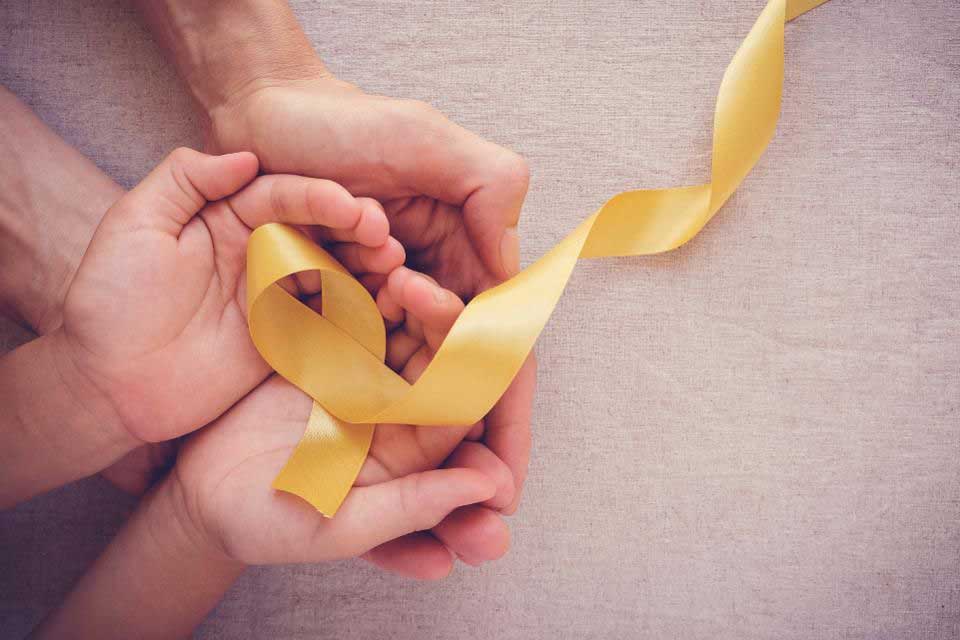Patients, families define survivorship

Survivors and families explain what surviving pediatric cancer means to them
Cancer survivor! These two words bring on a range of emotions to those whose lives have been stirred by this horrible disease. You have conquered a daunting battle. You have overcome innumerable obstacles. You feel honored to have the opportunity to celebrate each moment of life. You are part of an elite group who can proudly boast this title. But at what point do you begin to call yourself a childhood cancer survivor?
Some believe that survivorship begins as soon as you complete your final course of treatment and are labeled “cancer-free” by your doctor.
Others say that once you have been cancer-free for five years, when the risk of recurrence is very low, you are truly a survivor. Many more think that survivorship is a journey that begins at diagnosis and includes living with, through, and beyond cancer.
The definition of survivorship really lies in the hearts of those who call themselves cancer survivors. What does survivorship mean to you? More importantly, how are you going to mold your status as a childhood cancer survivor into something positive? Your journey as a survivor may be a private one in your own heart, or a public one that involves family, friends, and strangers. It may motivate you to simply smile at least once a day, or perhaps you are inspired to raise awareness for childhood cancer. It is possible that you don’t often think about being a survivor because you were too young to remember your treatment. If you consider yourself a survivor, you are one. Whatever spark of emotion you feel when you hear those words is what survivorship means, because you are a survivor, and this is your journey.
What Survivorship Means to Our Survivors and Their Families
“Survivorship is the best gift I could have ever had; a gift that I don’t take for granted. It has helped to lead me down a meaningful path [and is] the reason that I appreciate every day. When things aren’t going right I can take a step back and realize it’s not that big of a deal.”
– 58-year-old mother of a 35-year-old survivor of acute lymphoblastic leukemia
“Survivorship to me is living my life to the fullest, as each day is a gift from God.”
– 26-year-old survivor of chronic myelogenous leukemia
“It means to just keep fighting.”
– 11-year-old survivor of medulloblastoma
“It makes me glad that I survived – mostly every time [I think about it].”
– 7-year-old survivor of acute myelogenous leukemia
“Survivorship means to have faith and trust that things will get better. When you survive something it becomes a strength, and helps build you as a person. It gives you hope that you didn’t have before; everyone has fears in life, but when you survive something that you never thought you could, your outlook on everything is changed. After surviving childhood leukemia, I look at life completely different. Life is a gift and whatever comes along, you have to be ready. Just have faith and no matter the outcome, you’re still a survivor.”
– 22-year-old male survivor of acute lymphoblastic leukemia
“It helps you look at the world in a different way. It opens your eyes to what people go through in their lives. It makes you grateful for the people who helped take care of you.”
– 13-year-old survivor of non-Hodgkin’s lymphoma
If you're having trouble accessing this content, or would like it in another format, please email Penn State Health Marketing & Communications.
